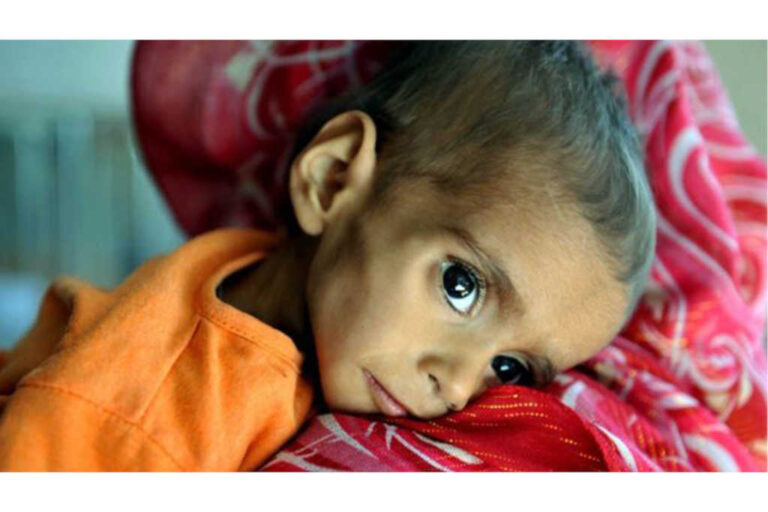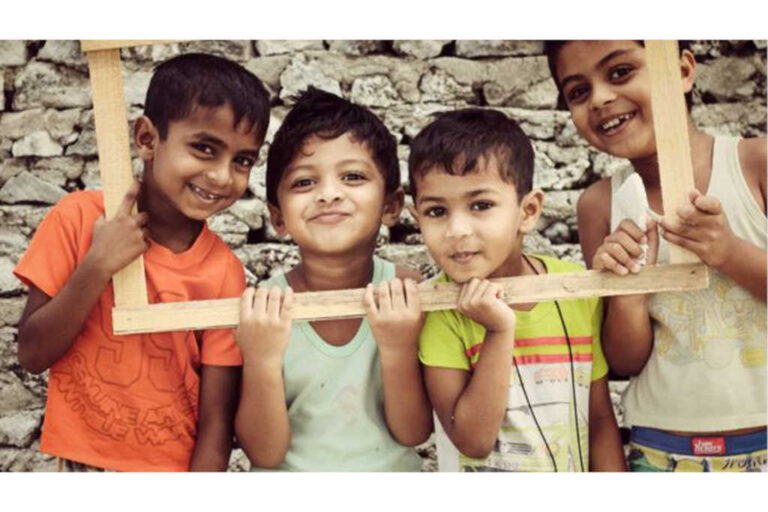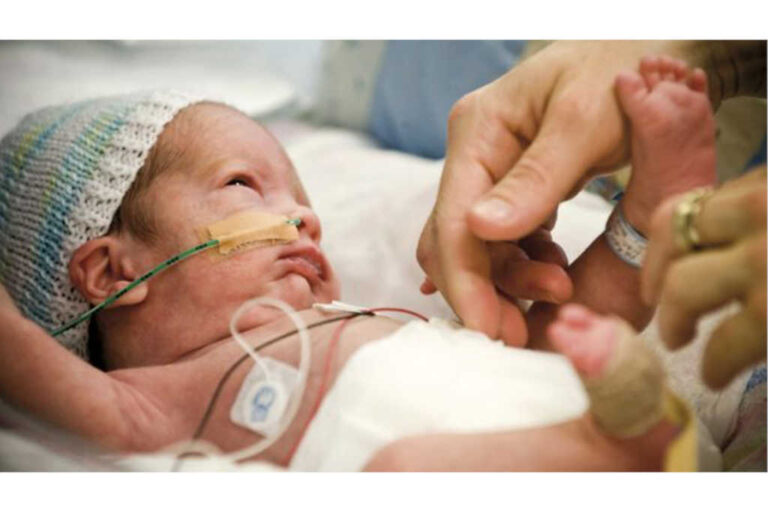The Global Hunger Index 2019 concludes that—India has once again fallen from its previous ranks, among other countries. It has been tagged as a country with ‘serious’ levels of hunger. This is a significant concern for India, with many children dying due to hunger and poverty.
Reports from UNICEF suggests that India is running through the worst phase of development for providing sufficient nutrition and better life care to the citizens.
So, what is the solution?
The answer is – ‘Empowering Women’, especially in the rural areas of India, because rural India faces an acute poverty level than that of urban set-up.
In rural areas, women form a significant part of the agricultural section. With various roles being played by the rural Indian women as farmers, farmworker, caregivers, etc. they form an integral part of an agrarian society. Many of us would agree that women give more significance to the health and nutrition education, as well as other household activities of the family. A survey report from the “United Nation’s Food and Agricultural Organization” says that while female farmers’ roles may vary across regions; they frequently have less access to resources and opportunities. Slamming this gender gap could lift as many as 150 million people out of hunger, amounting to 17% globally.
The Government of India has started many programs to improve the hunger picture of India.
- POSHAN ABHIYAN – is ‘India’s flagship program to improve matrimonial outcomes for children, adolescents, pregnant women, and lactating mother by leveraging technology, a targeted approach. It was primarily launched in 2018 to reduce the occurrence of malnutrition and stunting in children by the year 2022.
Studies claim that though the target is ‘desirable’ still, many Indian states are running far behind and may not be able to reach those targets.
- Mid-Day Meal Program and Integrated Child Development Scheme – The Government, must look towards implementing other nutrition-related schemes, including mid-day meal program and integrated child development scheme to nourish every child. Educating rural women plays a very crucial role here. There is a direct link between the knowledge of the mother and the nutrition of her child.
‘Comprehensive National Nutrition Survey’ (CNNS)—studied 1.3 lakh children and found out that–higher the level of schooling of mothers, higher is the focus on nutrition and diet of their children. Rural women who have traditionally been denied empowerment have seen the consequences in the forms of acute hunger and malnutrition-related deaths of children. With several reports recommending a direct link between women empowerment of rural set-up with the improved nutrition, as well as levels of education of women with that of nutritious diets of the children; our government should pay attention to empowering this section of the society. With the empowerment of rural women lies the future of relieving from hunger and poverty of our nation.
EKAM FOUNDATION – is a non-profit organization that works towards providing quality healthcare to needy children and mothers in India. EKAM’s vision is to work for the welfare of children and mothers and thereby contribute to empower them. As a child’s health and well-being are dependent on the mother’s well-being, interventions are adapted to address the challenges.






